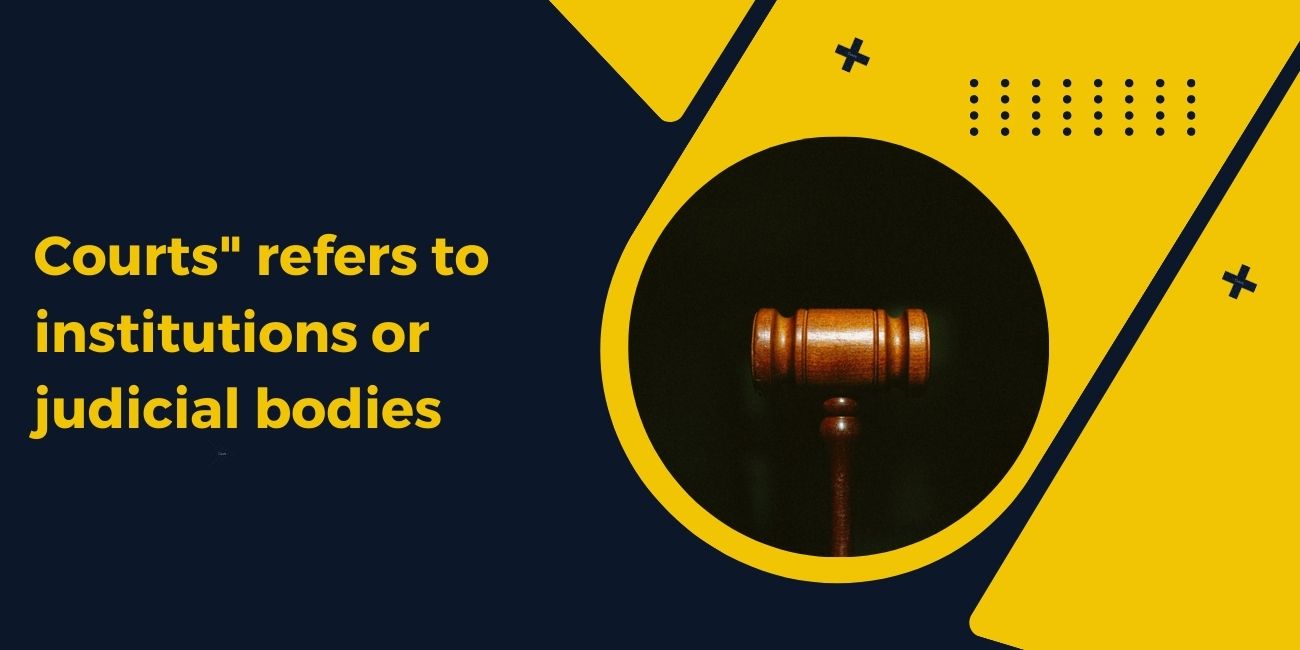
Under Indian law, the term “courts” refers to institutions or judicial bodies established to administer justice, interpret laws, and resolve disputes according to the legal framework of the country. Courts play a critical role in upholding the rule of law, protecting rights, and ensuring fair and impartial proceedings. In the context of Indian law, “courts” encompass various levels and types of judicial bodies, each with specific functions and jurisdiction.
Here are some key types of courts under Indian law:
- Supreme Court of India: The highest judicial authority in the country, the Supreme Court is the final court of appeal. It has the power to hear appeals, decide constitutional matters, and exercise judicial review over laws and government actions.
- High Courts: Each state and union territory has a High Court, which serves as the highest court within its jurisdiction. High Courts handle appeals from lower courts, exercise writ jurisdiction to protect fundamental rights, and deal with important legal issues.
- District Courts: District Courts are trial courts that have jurisdiction over specific geographical areas (districts). They hear civil and criminal cases, conduct trials, and make judgments on various legal matters.
- Consumer Courts: Consumer Dispute Redressal Forums or Consumer Courts deal with disputes between consumers and sellers or service providers, ensuring consumer rights are protected.
- Labor Courts and Industrial Tribunals: These courts handle disputes between employers and employees, particularly those related to labor laws and industrial disputes.
- Appellate Courts: These include various levels of appellate courts that hear appeals from lower courts, including High Courts and specialized tribunals.
If you want to be a judicial officer and are looking for RJS coaching , here, at Jyoti Judiciary we provide comprehensive study material to make your preparation solidified and topnotch. From preliminary mock tests, to mains answer writing sessions every material required for clearing the exam is provided. We have separate legal current affairs classes, legal general knowledge, current affairs classes all in one time enrolment. Hurry up.
This article has been written by Shivani Singh, Faculty at Jyoti Judiciary.









